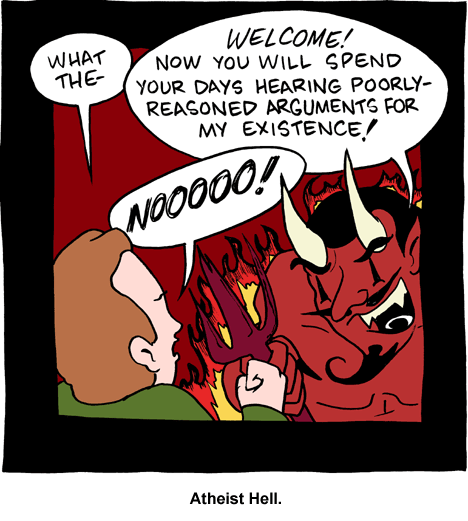And here is the afterthought

A soapbox for my musings on Economics, Politics, Society, Psychology, Physics, Metaphysics, Ethics, Music, Movies, Sex, Drugs, Media,Food, and Humor. (In no particular order).
Men may find it easier than women to just say no to their favorite foods, according to a study of the appetite-control centers of the brain.
All of these consumers could praise themselves for their newfound frugality in the midst of an economic downturn. But every step they take toward self-reliance — each shrub they prune themselves, each cupcake they bake from scratch — hurts the people and small businesses that have long provided these services professionally.I think that this is great. It's one thing if you are paying someon 20 dollars to clean your house for an hour so you can go to work (and make 40 dollars) for an hour, but a lot of Americans would rather take the extra hour to watch TV. From the idiot Keynsian (as opposed to the intelligent Keynsian) perspective this is killing a lot of jobs, but in actuality this is only killing the jobs that were based on the demand of our consumer culture. If people can color their hair by themselves, then it may subtract 198 dollars from GDP, but the same benifit is had. Over time the hair stylist will have to shhift her services to a more productive line of work. This is how creative destruction works; in times of economic recession, people have to cut back on their spending - namely the least productive spending. First and foremost, this eliminates the most wasteful spending.
As their former nannies, stylists, landscapers, dry cleaners and maids languish, consumers report mixed feelings. They say they sometimes feel guilty about the ripple effects their penny-pinching is having on the livelihoods of others, but at the same time they feel unexpectedly empowered by their rediscovered self-reliance.But I see absolutely no reason to feel guilty about something like this.
Despite her [Lisa Simpson's] formidable unhappiness, I don’t think Lisa is right on this one. My reasoning is simple: more intelligent people tend to earn higher incomes, and we know that people with higher incomes are more likely to be happy.He continues to crunch some numbers to find that there is at least a weak correlation between intelligence and happiness.
Two girls from Greensburg, who police say are "14 or 15" years old, allegedly sent nude photos to two boys who are slightly older than them (16 or 17) using their cell phones. The photos were discovered in October after one of the youngsters was caught using a cell phone during school hours—a violation of school rules—and had the phone taken away. The photos were discovered at that time—I didn't know teachers could go snooping through your cell phone, either—and turned over to police.
In the new issue of Nature, the neuroscientist Larry Young offers a grand unified theory of love. After analyzing the brain chemistry of mammalian pair bonding — and, not incidentally, explaining humans’ peculiar erotic fascination with breasts — Dr. Young predicts that it won’t be long before an unscrupulous suitor could sneak a pharmaceutical love potion into your drink.I don't know what to make of this. When taken to its logical conclusion, the debate over so called "love-potions" breaches the debate over free will. For example, if I slip a love potion into Scarlett Johanson's drink at a bar, and she falls madly in love with me, and comes home and fucks my brains out, would it be considered rape? One could argue that she technically consented to it (it didn't impair her logical judgement) and probably wouldn't regret it (I'm flattering myself), so it isn't really rape. On the other hand, she didn't consent to the love potion in the first place, which in turn, altered her perception of the world through the use of horomones.